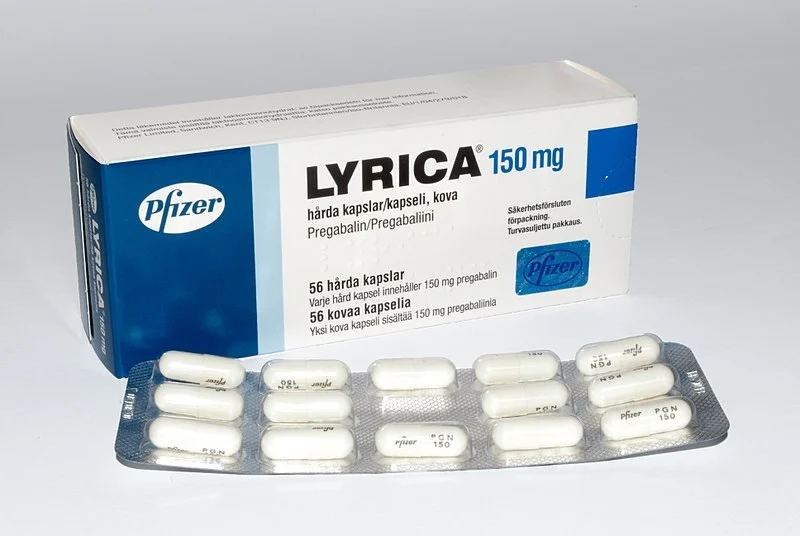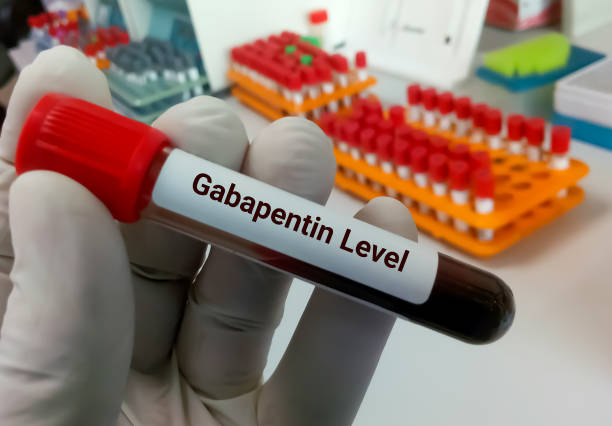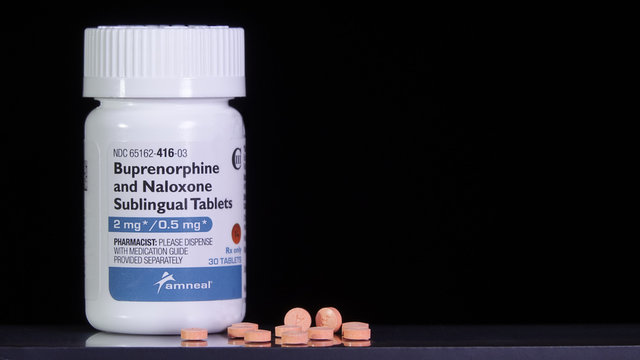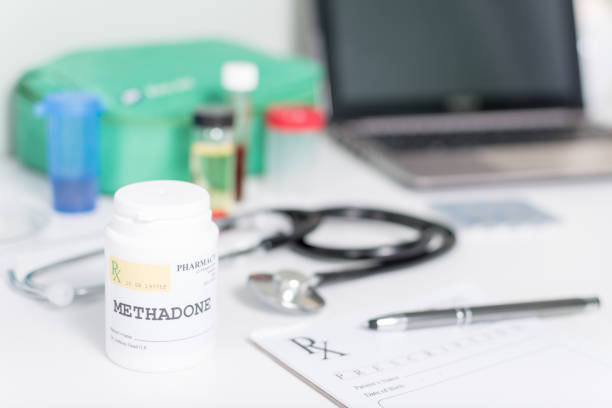Methadone is a synthetic opioid primarily used in the treatment of opioid addiction and chronic pain management. This comprehensive guide explores the various aspects of methadone, including its uses, benefits, safety considerations, and common misconceptions.
Understanding Methadone
It is a long-acting synthetic opioid agonist that acts on the same receptors in the brain as other opioids, such as heroin and morphine. It is used to reduce withdrawal symptoms and cravings in individuals addicted to opioids, as well as to manage severe pain.
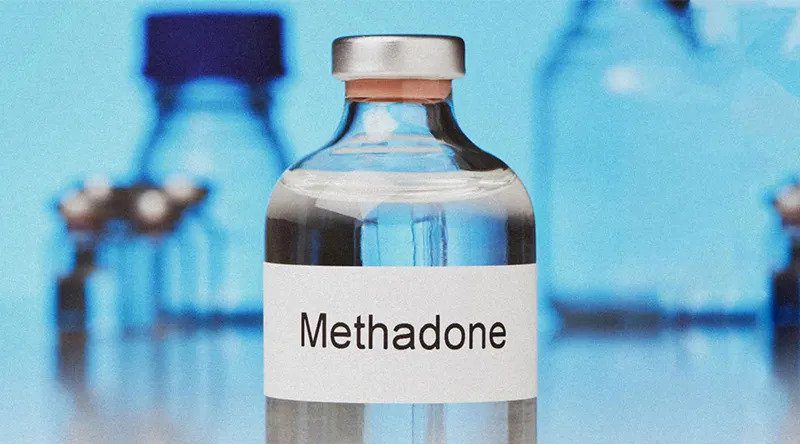
Uses of Methadone
It has several key uses in the medical field:
- Opioid Addiction Treatment: It is primarily used in opioid replacement therapy programs to help individuals taper off and eventually stop using heroin or other opioids.
- Pain Management: It is also prescribed for chronic pain conditions where other pain medications may be ineffective or have intolerable side effects.
Benefits of Methadone
The benefits of this medicine therapy include:
- Stabilization: It helps stabilize individuals with opioid dependence by reducing cravings and withdrawal symptoms, allowing them to function normally.
- Long-Lasting Effect: Due to its long duration of action, it can be administered once a day, enhancing treatment adherence and effectiveness.
- Reduction of Illicit Drug Use: Studies show that methadone maintenance therapy reduces illicit opioid use and associated health risks.
Safety Considerations
While it is effective when used as prescribed, it also poses certain risks:
- Potential for Dependency: Like other opioids, methadone has the potential for dependency and addiction if not used as directed.
- Side Effects: Common side effects include drowsiness, constipation, nausea, and respiratory depression.
- Overdose Risk: Incorrect use or combining it with other substances, especially alcohol or benzodiazepines, can lead to overdose and respiratory failure.
Common Misconceptions
There are several misconceptions surrounding methadone therapy:
- Replacement Addiction: Some believe it simply replaces one addiction with another. However, under medical supervision, it helps individuals stabilize their lives and reduce illicit drug use.
- Permanent Solution: It is not a cure for opioid addiction but rather a tool in a comprehensive treatment plan that may include counseling and behavioral therapies.
- Stigma: Despite its proven effectiveness, methadone treatment is sometimes stigmatized, leading to barriers in accessing care for those who need it.
Methadone in Practice
It is administered through specialized clinics and healthcare providers trained in opioid addiction treatment. Regular monitoring and dose adjustments are crucial to ensure safety and effectiveness.
Where to Access Methadone Treatment
For individuals seeking methadone treatment and support:
- Pain Killer Products Shop: Explore our range of methadone and related products to support opioid addiction treatment and pain management needs.
- Specialized Clinics: It is typically dispensed through specialized opioid treatment programs (OTPs) and clinics.
- Healthcare Providers: Consult with healthcare professionals, including addiction specialists and pain management doctors, for guidance on methadone treatment options.
Buy now from our store
It plays a vital role in combating opioid addiction and managing chronic pain effectively. Understanding its uses, benefits, and potential risks is essential for both patients and healthcare providers. Visit our store to buy methadone.
What is Another Name for Methadone?
It is also known by the brand names Dolophine and Methadose. These are common formulations of the drug used in medical settings.
Is it Used for Anxiety?
It is not typically prescribed for anxiety. It is primarily used in opioid addiction treatment and chronic pain management due to its properties as a long-acting opioid agonist.
What is Methadone and What is it a Substitute For?
It is a synthetic opioid medication used primarily as a substitute for other opioids, such as heroin and prescription painkillers, in opioid addiction treatment programs. It helps to reduce withdrawal symptoms and cravings, allowing individuals to stabilize their lives and reduce dependence on illicit opioids.
What Should You Not Take with Methadone?
It is crucial to avoid certain substances when taking it to prevent potentially dangerous interactions:
- Alcohol: Combining it with alcohol can increase the risk of respiratory depression and overdose.
- Benzodiazepines: Drugs like diazepam (Valium) and alprazolam (Xanax) should be avoided unless specifically prescribed and monitored by a healthcare provider due to the increased risk of respiratory depression and sedation.
- Other Opioids: Using other opioids alongside it can lead to overdose and respiratory depression, as methadone itself is already an opioid.
These precautions are essential to ensure the safe and effective use of methadone in opioid addiction treatment and pain management.
WhatsApp support
To get more info about methadone and its uses contact with our WhatsApp team .

